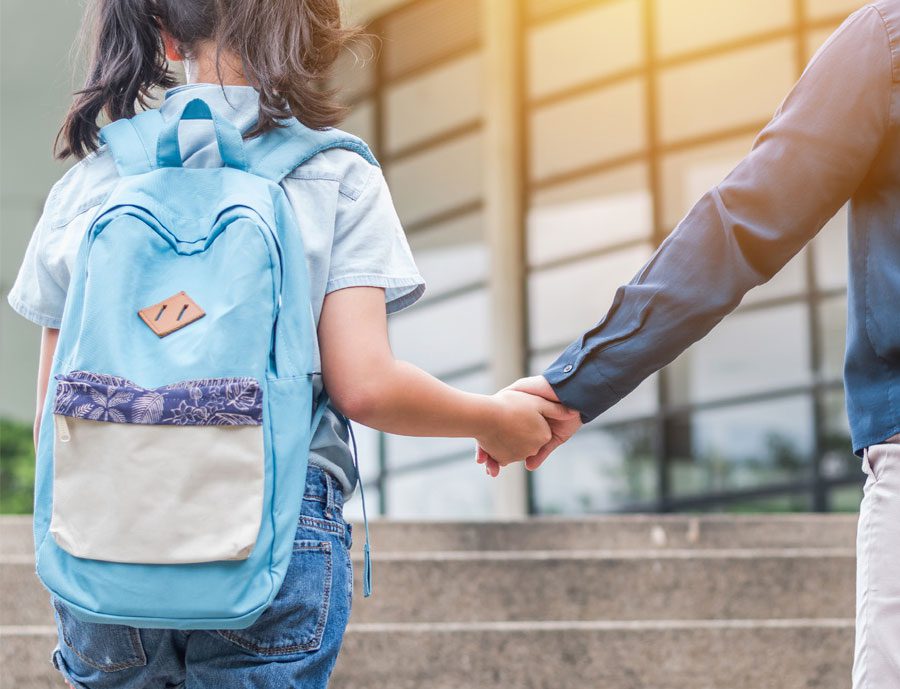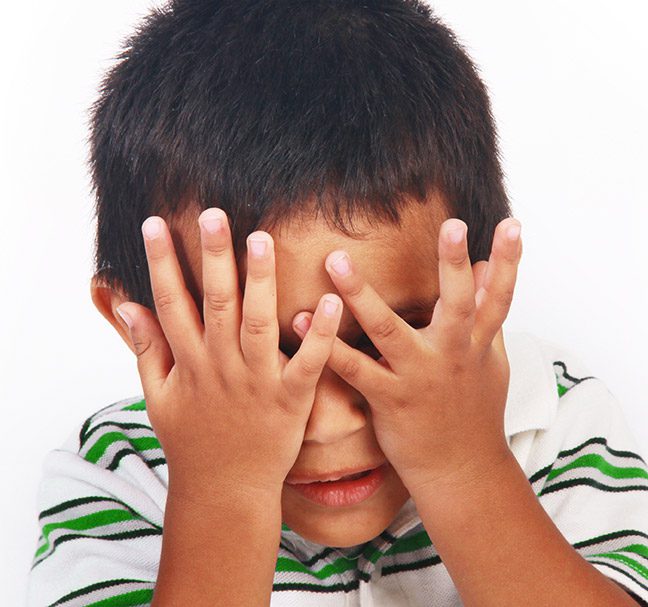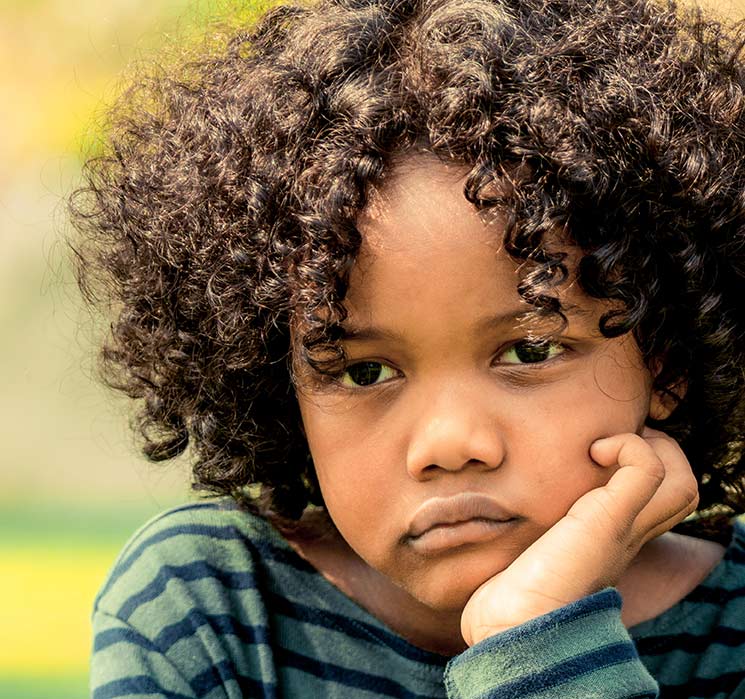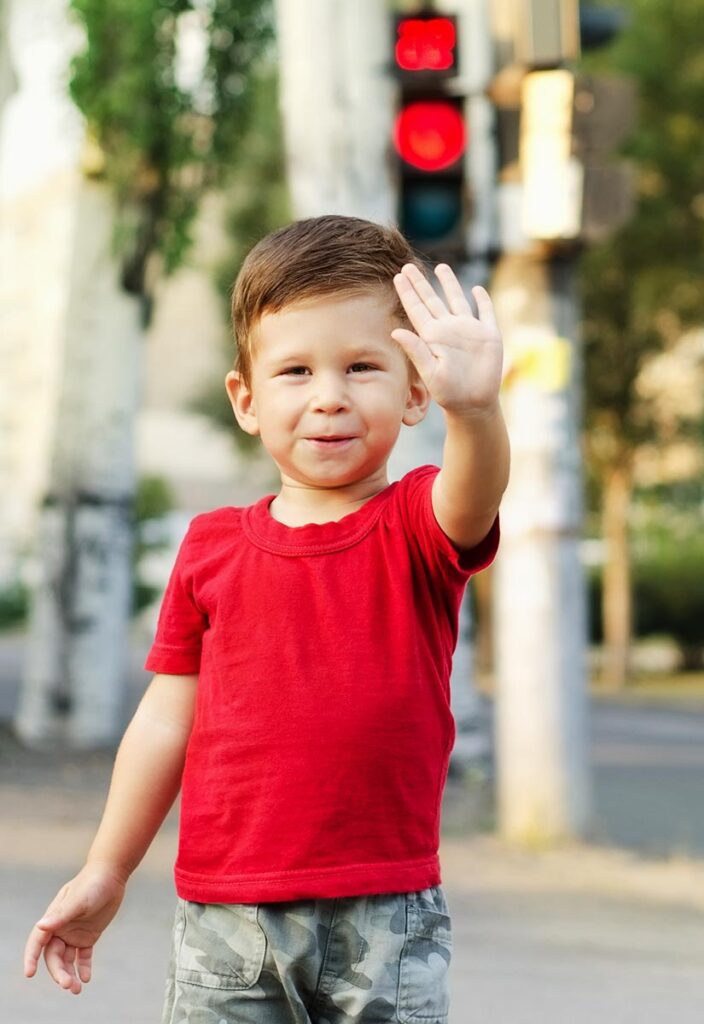An Educator's Wish

This morning, I had an interesting conversation with a kindergarten teacher as we were enjoying our last day of summer vacation at the local pool.
When I asked what she thought parents should work on as they prepare their early learners for the transition to kindergarten, she was quick to respond: "I wish parents would help their children develop social-emotional, problem-solving, communication, and conflict-resolution skills.”
"What about their ABCs and 123s?" I asked.
Her response? "If my kindergarteners know how to ask for help from the teacher or their peers—and if they can manage their emotions and use their problem-solving skills—I can handle the academics."
You can be a strong part of the child-teacher-family team by strengthening these skills through playful games and activities.

Social-emotional skills: Well-developed social-emotional skills help children understand their own feelings. Are they happy, sad, or angry? If children can make sense of how they feel, they will be better able to manage their emotions. If they can recognize how others are feeling by reading their facial expressions, physical actions, or verbal cues, they will be able to form more positive relationships with their peers. These skills will enable your child to work and play well with others, navigate stressful situations when they arise, and engage in collaborative problem-solving. Strong social-emotional skills will also help your child succeed academically. When your child feels confident and emotionally stable, he or she will be better able to participate in classroom activities and follow directions.
Asking for help: When your child enters school, there will be many new adults to listen to, talk to, and turn to for help. But asking for help is a learned behavior, so start working with your child now so that he or she can learn how to speak up and ask for what is needed. To practice this skill, encourage your child to talk to trusted adults outside of the school environment. Family members, friends, and neighbors are a great place to start. You can also role-play with your child.
Here are two of our favorite role-playing games:
- In this role-playing game, your child will pretend to call his or her kindergarten teacher. Your role is to answer the call from another room in your best teacher voice, carry on a conversation, and maybe throw in a funny scenario. As the "teacher" in this game, I often pretend that I lost the key to the classroom or found a frog in my desk drawer. In other words, make up a problem that requires the child to help by coming up with a solution.
- In this role-playing game, your child will pretend to call in a pizza order. Your role is to answer the call from another room and pretend to be the pizza maker. Then pretend that the wrong pizza has been delivered and your child must call back to ask for the right pizza. You might even want to order a real pizza—or pop a pizza in the oven—as an incentive to play the game. Whatever you do, keep it simple, fun, funny, and playful!

Conflict resolution: This skill involves learning how to resolve disagreements or problems with others in a calm and fair way. Did someone take your child’s red crayon? Does your child know how to ask for the crayon back? Or will your child have a tearful meltdown, get into a physical tussle with the crayon thief, or need the teacher’s help to recover the crayon? At this stage, children are still learning how to handle their feelings. By developing self-regulation skills, your child will be better able to cope with frustration, anxiety, or excitement, which will help reduce conflicts and improve your child's overall well-being.

You can help your child—and your child's teacher—by playing some simple games to strengthen these skills.
Need some ideas? Visit our Find an Activity page for scores of activities that will help prepare your child for the challenges and opportunities ahead:
- The Asking for Help activity will show you how to prepare your child to ask for help when the school year begins.
- The Make-a-Face Game will teach your child how to recognize his or her own emotions and the emotions of others.
- Red Light, Green Light and Simon Says are playful games that will help your child develop better concentration and listening skills and learn how to follow rules.
- Freeze Dance will offer opportunities for your child to practice paying attention and responding to a signal with the appropriate action.
These fun and easy activities will help ensure that your child is ready to learn this school year, which will free up the teacher to focus on those ABCs and 123s!